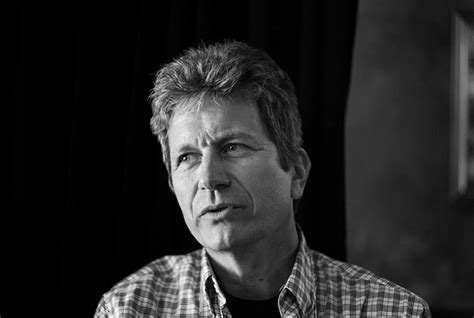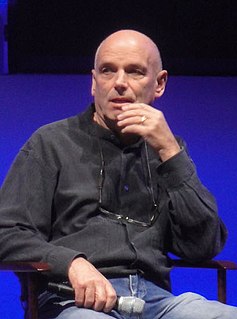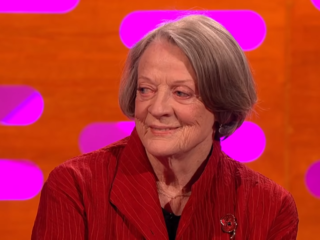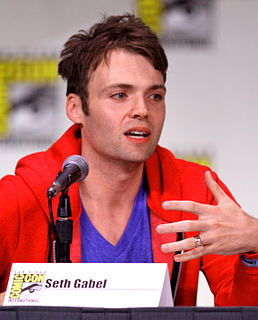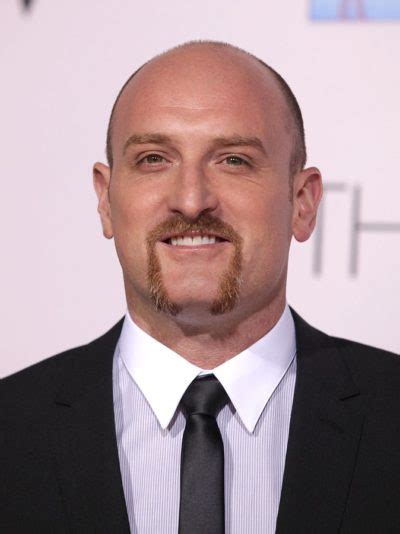A Quote by Rick Heinrichs
If you are able to see on a monitor what it's actually going to look like and have that kind of feedback informing your decisions, then you're bringing back a lot of the decision-making process of the designer, the director of photography and the director away from the post-production process and bringing it back into the actual capturing of the event on film.
Related Quotes
Great Britain revolutionized parts of their regulatory process by actually bringing the people who were going to be regulated to the table and suddenly found that they could solve the problems at a lot lower cost by, again, going back to the thing that tends to be most uninteresting, particularly in cable news, and looking at the actual process.
Really great moral teachers never do introduce new moralities: it is quacks and cranks who do that.... The real job of every moral teacher is to keep on bringing us back, time after time, to the old simple principles which we are all so anxious not to see; like bringing a horse back and back to the fence it has refused to jump or bringing a child back and back to the bit in its lesson that it wants to shirk.
I've pretty much grown up on set, and my favorite part about it is being able to actually see how movies are made. I knew when I was about 14 that I wanted to be a director and that I wanted to go to NYU for film school. It kind of feels like it's been a long time coming.It's a relief to actually be in, because the college process is so hyped-up.
I like pre-production and post the best. I don't like shooting at all. I find it grueling and tough, but I love post and the whole process of seeing the film finally come together. You start ironing out all the rough spots, and the really bad bits you just throw away. So from day one of post to the last day, you see nothing but improvements.
I was always prepared for my Fringe journey to end immediately. I had only signed up for a guest role but they kept bringing me back in the third season as a recurring character. So pretty much every time I went to film a 'Fringe' episode I kind of said goodbye to the show, but then they kept bringing me back.
I was always prepared for my 'Fringe' journey to end immediately. I had only signed up for a guest role but they kept bringing me back in the third season as a recurring character. So pretty much every time I went to film a 'Fringe' episode I kind of said goodbye to the show, but then they kept bringing me back.
One of the good things is the relationship between director and editor used to be more contentious. Studios used to leave directors alone more during the post production process and now they're clamoring to get in. So, the director and the editor end up teaming up sort of against the studio to fight what they're doing and you lose the creative tension that you used to have between an editor and a director.
Making movies has not only been an incredibly collaborative process but there's three big parts: pre-production, shooting itself and then post-production, which leads into marketing. And if you're passionate about the movie and you believe in it, and it would make sense that you are having done it, then you want to get out and promote it. It makes it a lot easier when the film is good and people are enjoying it.
I find that in the process of making a film you're constantly discovering things that you never even imagined would work at the beginning. Actors come into the film and do things you never even imagined. Production designers come in, the director of photography lights it in a way that you never imagined. So, it's always evolving, always exciting.
